Pembroke seminar on climate change aims to set the record straight
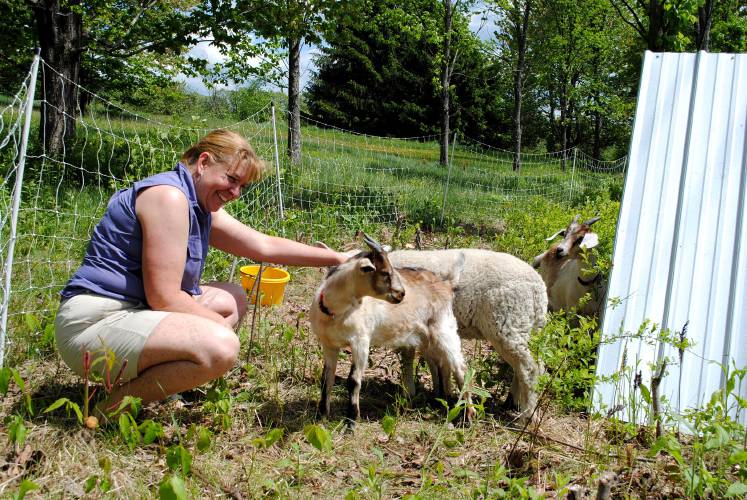
Ayn Whytemare pats Daffodil, a 5-month-old goat she's using to clear brush and poison ivy away from the Route 3 stone wall on her uncle's land in Pembroke.
| Published: 04-17-2024 5:12 PM |
Ayn Whytemare doesn’t like the view from the top of her hayfield in Pembroke.
From there, rising from pines like a lonely skyscraper, stands the smokestack used by the Bow coal plant, the last facility of its kind in New England. And while the visible vapor blasted into the sky is mostly harmless, invisible carbon continues to blend in, adding to the fossil fuel-created layers in the Earth’s atmosphere that trap in heat.
That’s created weather extremes – attached to snow storms, rainfall, tornadoes, tsunamis, droughts, floods – not seen in past decades. The Bow stack, 445 feet tall, symbolizes what people like Whytemare see as a relic, a dinosaur that survived but is slowly being put out to pasture.
She’ll discuss the urgency that exists to address climate change at a seminar timed to coincide with Earth Day titled “Climate Change for Dummies,” on Thursday night, April 18, at 7 p.m. at the Pembroke Public Library.
Whytemare realizes that some continue to believe the extreme weather seen in recent years is a natural occurrence, not produced by human factors. But minds are changing.
“Ten years ago, people were saying, ‘Oh, we used to have weather like that, so this doesn’t count,’” Whytemare said. “But people are not saying that anymore.”
Whytemare’s family members have played vital roles in the development of the town since the early 1700s, in local government and farming. Whytemare grew up in Pembroke and remembered what opened her eyes to the wonders of nature.
“I remember when I was 6, my cousin took me on a picnic,” Whytemare said. “She said she wanted to show me something and we pulled back a rock and there was a salamander under it and I was floored. It was the coolest thing ever, my solace, my go-to.”
Article continues after...
Yesterday's Most Read Articles
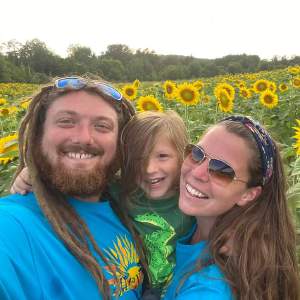 Hometown Heroes: Couple’s sunflower fields in Concord reconnects the community to farming
Hometown Heroes: Couple’s sunflower fields in Concord reconnects the community to farming
 Boscawen resident takes issue with proposed town flag designs
Boscawen resident takes issue with proposed town flag designs
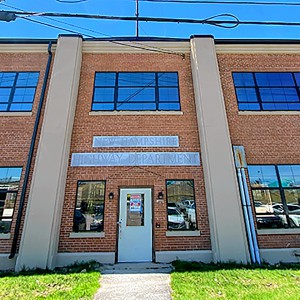 Storm drain issue stalls Stickney Ave housing project
Storm drain issue stalls Stickney Ave housing project
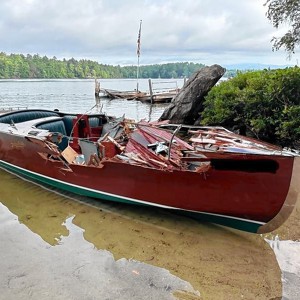 Getaway driver in Winnipesaukee hit-and-run arrested
Getaway driver in Winnipesaukee hit-and-run arrested
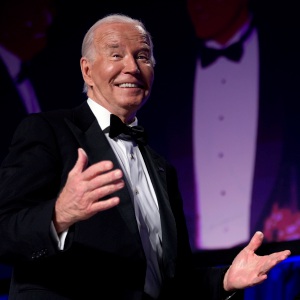 On the trail: NH Democrats quietly hold second presidential primary
On the trail: NH Democrats quietly hold second presidential primary
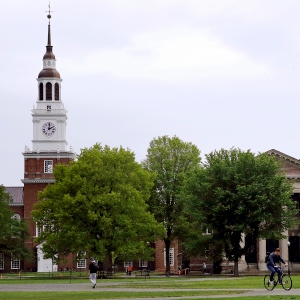 Kenyon: What makes Dartmouth different?
Kenyon: What makes Dartmouth different?
The salamander inspired her to learn about and live a green life.
She studied environmental science in college when just a handful of colleges offered it. Her undergraduate degree is in Environmental Science from Barnard College. She was trained by researchers from the Goddard Institute for Space Studies in New York City.
She’s the owner of Found Well Farm and she’s been a member of the conservation committee for nearly 20 years. She’s also the president of the Pembroke Historical Society and found lost photos, some 100 years old or older, and added them to the Pembroke Historical Society Museum.
She’s got solar panels outside to cut down electricity costs while producing renewable energy.
“Solar Panels provide half of what we use. It has to do with people’s priorities,” she said. “I got rebates for putting them in. Not huge, but I got something.”
And she’s got a greenhouse with plants that are thriving due to its corrugated plastic roof, which traps the heat, much like greenhouse gases do, and maintains a temperature of 20 to 30 degrees warmer than outside.
“We know it will not be as simple as everything rising, the temperature, but what we are seeing now is huge swings in weather,” Whytemare said. “We call it winter whiplash. We had six inches of snow (earlier this month), so it’s not as gradual as it was.”
Whytemare compared doubts about climate change to the reaction by the tobacco companies when told research showed that second-hand smoke was dangerous. The scientific proof is clear, in both cases, but not everyone was on board and some still resist, despite the evidence.
“It’s denial,” Whytemare said, “This is the kind of problem that is solvable. Unless everyone gets on board, we’re not going to have anything left. We must have the unity.”
Whytemare has had periods of hope, times when she’s felt that society was moving in the right direction. But she’s also lost faith, caused by the reaction from nonbelievers and individuals who admit climate change poses a real risk, but any action to curtail it is now too late.
“Some ask how we can go down the right path when it’s too late,” Whytemare said. “But I am the type of person who, as long as I’m still breathing, I will do what I can.”


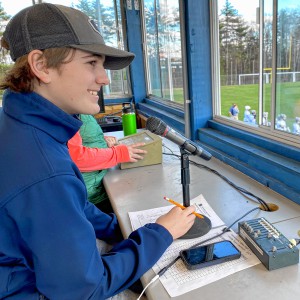 Voice of the Pride: Merrimack Valley sophomore Nick Gelinas never misses a game
Voice of the Pride: Merrimack Valley sophomore Nick Gelinas never misses a game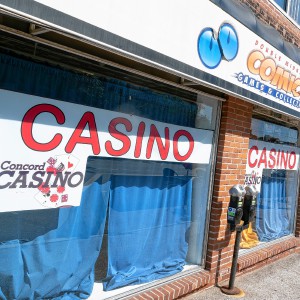 With less than three months left, Concord Casino hasn’t found a buyer
With less than three months left, Concord Casino hasn’t found a buyer Kearsarge Middle School drone team headed to West Virginia competition
Kearsarge Middle School drone team headed to West Virginia competition Phenix Hall, Christ the King food pantry, rail trail on Concord planning board’s agenda
Phenix Hall, Christ the King food pantry, rail trail on Concord planning board’s agenda
